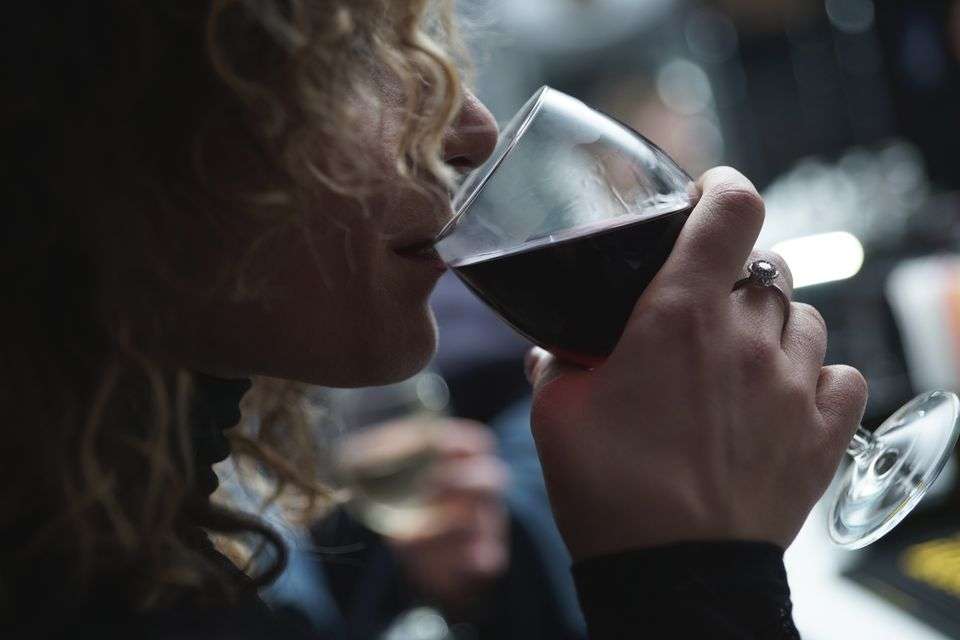John used cocaine every day for three years straight and then one day, was able to quit and never look back
Meanwhile, Andy has been trying to quit drinking his entire life. And even after he finally achieved a sober period for 20 years, he relapsed. Did John discover a cure for addiction? Why was Andy’s addiction not ‘cured’? Or is the situation not that simple?
Rehab Costs & Options for Alcohol | Drugs | Other addictions
Addiction can be a tough disease to deal with, prompting many people who suffer from it to ask if there is a cure for it. In short, cured? No. Treated? Absolutely! And just like addiction itself, the explanation is complex.
Addiction: Cured vs. Treated
Before asking if addiction can be cured, ask yourself if you are using the right word. A disease can be “cured” or a disease can be “treated”. Some people use the two words interchangeably, but cure and treatment do not mean the same thing.
To cure means to “eliminate a disease or condition with medical treatment”. A cure refers to a permanent change. To treat means to “give medical care or attention to” or “try to heal or cure”.
In the case of addiction, the illness is a lifelong one. While it is possible to be successfully treated for addiction and live normally, ultimately there is no cure. Treatment does not produce permanent results. You are in recovery when the symptoms of addiction are low. When you are using, or relapsing, your symptoms are high. There is no third option, when the symptoms are nonexistent. Even if you remain in recovery for the rest of your life, you will always be prone to relapse.
It is common for some in recovery to use the term “cured” after they’ve been sober for a while. However, if they are referring to their addiction, they are using it wrongly. Like other chronic illnesses, such as asthma, diabetes or heart disease, addiction cannot be cured. But it can be treated.
What is addiction?
In order to examine if addiction can be “treated” or “cured”, you need to understand addiction first. Addiction is a complex, chronic illness characterised by engaging in a compulsive and rewarding behaviour despite negative consequences. Certain addictions are psychological, others are physical, and some are both. An addiction can come in many forms, including drug, alcohol or behavioural.
Addiction is an illness that has many connected aspects that make it difficult to treat. Your likelihood of developing an addiction is affected by factors, including psychological, physical, biological, behavioural and environmental. In order to treat addiction, you should address them all.
Now We Know Addiction Isn’t Cured: What About Treatment?
Because addiction is a complex illness, the treatment for it is complex too. Treatment, however, is not a cure. Instead, treatment allows a person to enter recovery. Recovery is a life-long process during which you abstain from alcohol, drugs, or addiction and resume a healthy lifestyle.
Psychological
It is human nature to seek pleasure and avoid pain. Addictive substances and behaviours produce pleasurable feelings in our brains or bodies, making them so attractive. If the substance or behaviour is removed, there can be psychological withdrawal symptoms such as depression, mood swings or anxiety. This can be dangerous for someone that has low self-esteem or depressed, as they are likely to be living in a down state. Finding something that cheers them up can be potentially addictive. Even someone living a normal, satisfied life can easily get hooked on a “higher” or happier lifestyle.
To treat psychological aspects, a person needs therapy. It is a large part of addiction treatment and continuing care. There are numerous types, including:
- Group therapy
- Individual therapy
- CBT
- DBT
Physical
Some substances – such as alcohol and heroin – are physically addictive, which means that the body has become dependent on them. If you try to quit, you will experience withdrawal symptoms as the substance is removed from your body. Physical withdrawal symptoms can be uncomfortable, painful, and even fatal in some cases. Withdrawal symptoms are one of the major reasons why some substances are so hard to quit. If you have a physical addiction, it is likely you will go to great lengths to avoid these withdrawal symptoms. This could be either getting more of your fix, or self-medicating with another substance.
Treatment for physical addiction involves detoxification, and sometimes medication. Contrary to some beliefs, detoxification alone is not treatment. It is only a small step in the road to recovery.
Biological
Biological aspects of addiction refer to the internal functions of our brain and body. Addictive behaviour, especially drugs, alter our brain chemistry. Whenever you engage in a pleasurable activity, the brain releases dopamine, which makes us happy. When you regularly indulge in the pleasurable activity, the brain is constantly pumping out dopamine. You will get used to this as your new norm. But over time, your brain will create less and less of it as you continue to use. So you use more to compensate – and a vicious cycle is born.
In addition, addiction causes actual changes to the brain. This is especially true in the case of long-term use. Most of the time, these changes are reversible, although some are permanent.
One example of this is the frontal cortex, the part of our brain that helps us make responsible decisions. Long-term drug use decreases activity there, which makes you more prone to irrational decision-making and addiction.
Additionally, over the past few decades scientists have discovered a number of genes that increase risk to developing addiction.
But your brain has remarkable recovery potential. With long-term sobriety, damage from chronic drug use can be reversed. Medication, such as antidepressants, can help during this process as well.
Behavioural
There are also behavioural factors to addiction that make substances and processes tough to quit. One example of this is the ritualistic aspect of alcohol and drug use.
For instance, every time Jade decides to use heroin, she takes out a box from under the bed, unwraps the powder, takes out her spoon, mixes the powder into a solution, heats it up, and fills a syringe. She does this every time she uses.
Our brains naturally become attracted to this repetitive behaviour. You will need to address this with therapy.
Environmental
How you are raised, where you live, your stresses, can influence how likely someone is to develop an addiction. For example, someone who lives with alcoholics has a higher chance of developing an addiction as well.
Again, therapy can help with addressing environmental factors. You should develop an aftercare plan prior to leaving your treatment programme. This could include making changes to your environment when you go back to your normal life. Perhaps you need to change jobs, or move to a sober living house if you can’t return to your own home.
Addiction: No Cure, Just Recovery
You can think of addiction as a scale from 0 to infinity, where zero is currently using or fully relapsed, and infinity is cured. Depending on how well an addict handles their treatment, the quality of the treatment, and other personal factors, their recovery will be some number in between. That number can be huge but ultimately, it won’t reach infinity.
While addiction cannot be cured, it can most definitely be treated. Many people enter permanent recovery and live long and happy lives. About 70% of alcoholics who enter treatment and stay sober for at least a year remain sober for the rest of their lives. But if you have an addiction, you need to remember that it is always possible to relapse. This is why continuing care is so important and using the term “cured” is misleading. If a person in treatment has the will and determination, recovery can be a step away from infinity.


